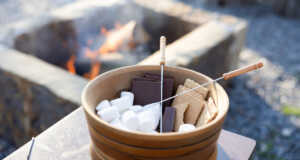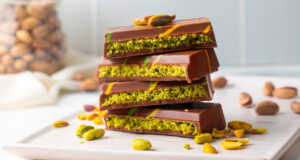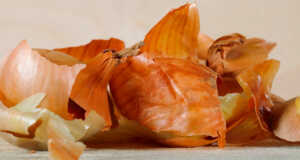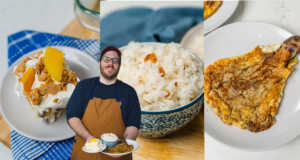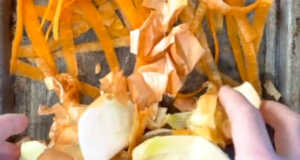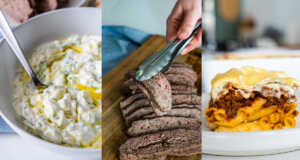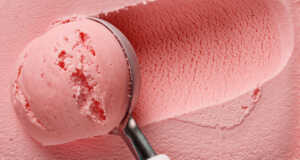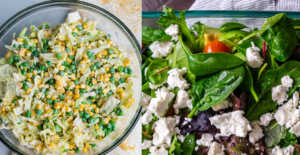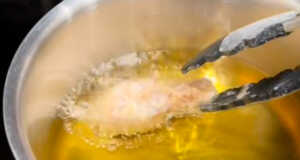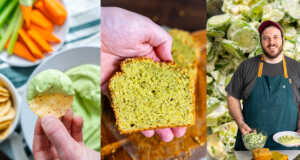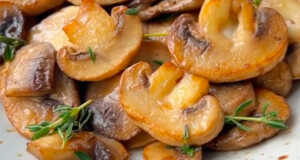Go down the grocery aisle and you’ll find your go-to staples. Yet if you looked at some of these food items, you’d be surprised to find that a lot of the foods we eat daily are a rarity in other countries. Certain foods that we have in the US are banned in other countries, and you’ll be surprised to see which ones are truly a domestic specialty.
BVO
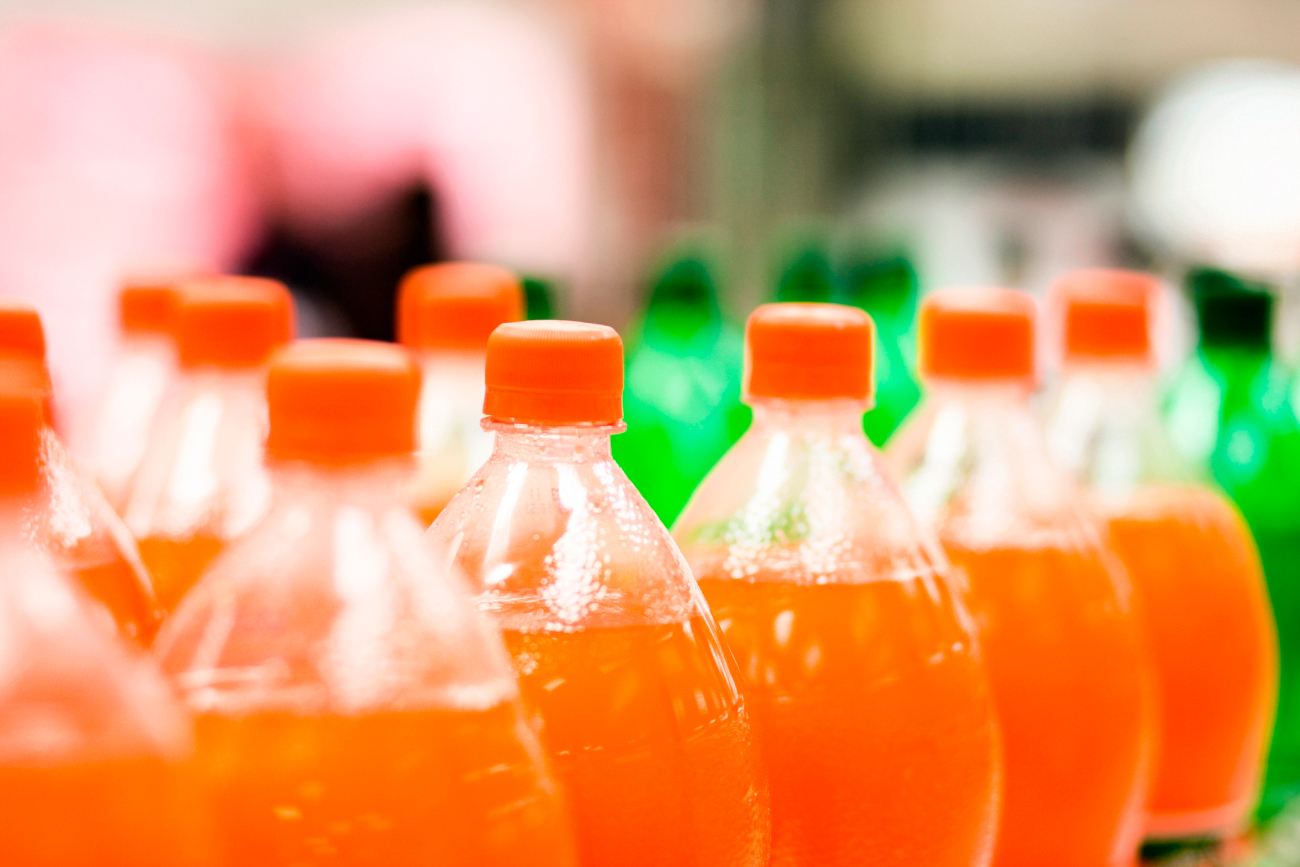
Brominated vegetable oil or BVO is a common additive in soft drinks, giving them a unique spicey, fresh, citrusy, and sour taste like in Mountain Dew and Dr. Pepper. While some beverage companies are starting to pull this from their soft drink line, it is banned in the European Union, Japan, and the UK.
Titanium Dioxide
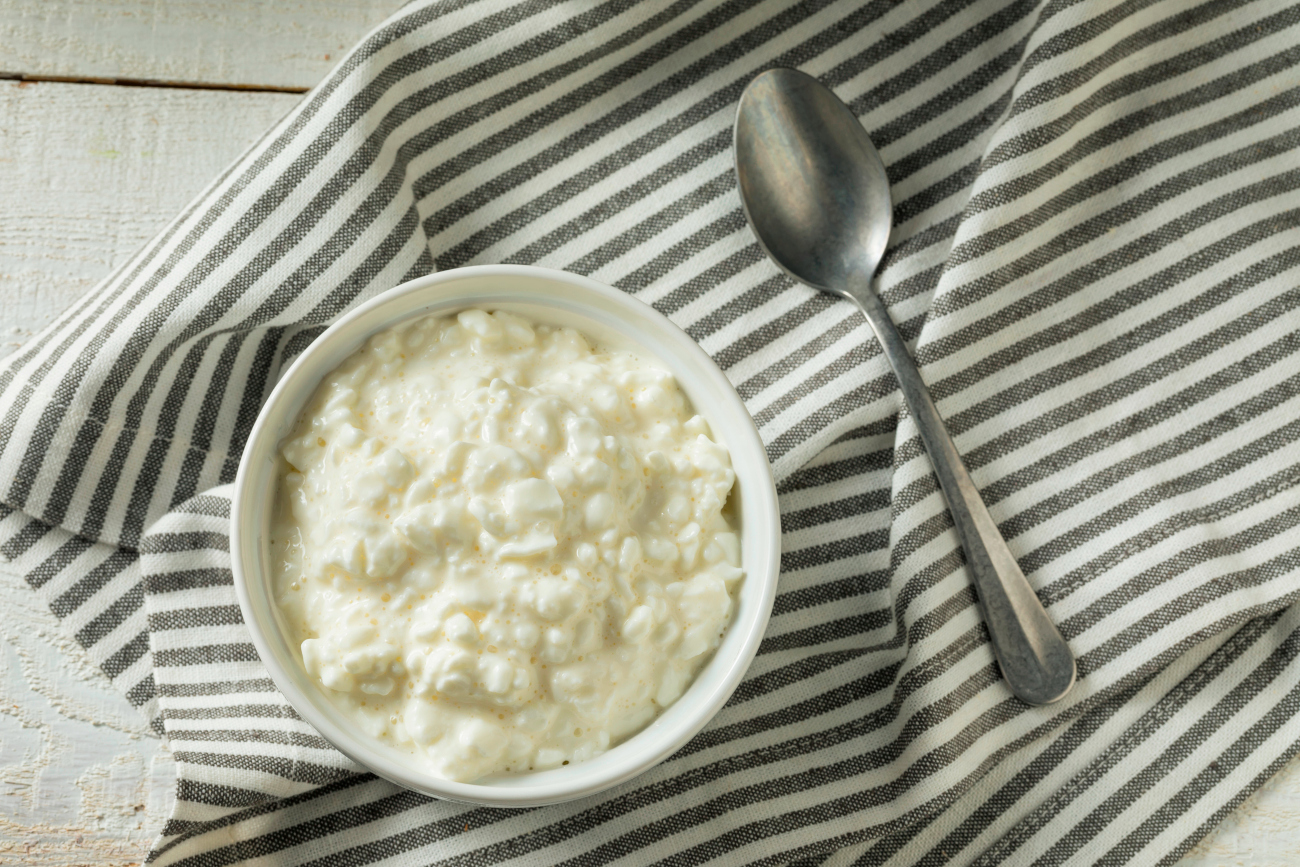
This additive is used as a whitening agent for foods. While it can whiten food like cottage cream and breads, it’s used as a base for foods to be dyed in other colors, giving the food a brighter, more intense appearance. Jell-O, gums, and fruit candies like Skittles and Starbursts use titanium oxide to give their foods a brighter truer color while brands like Duncan Hines vanilla frosting and Nabisco’s chips ahoy are some of the dessert items that use it to give their food are crisper, whiter appearance.
BHA and BHT
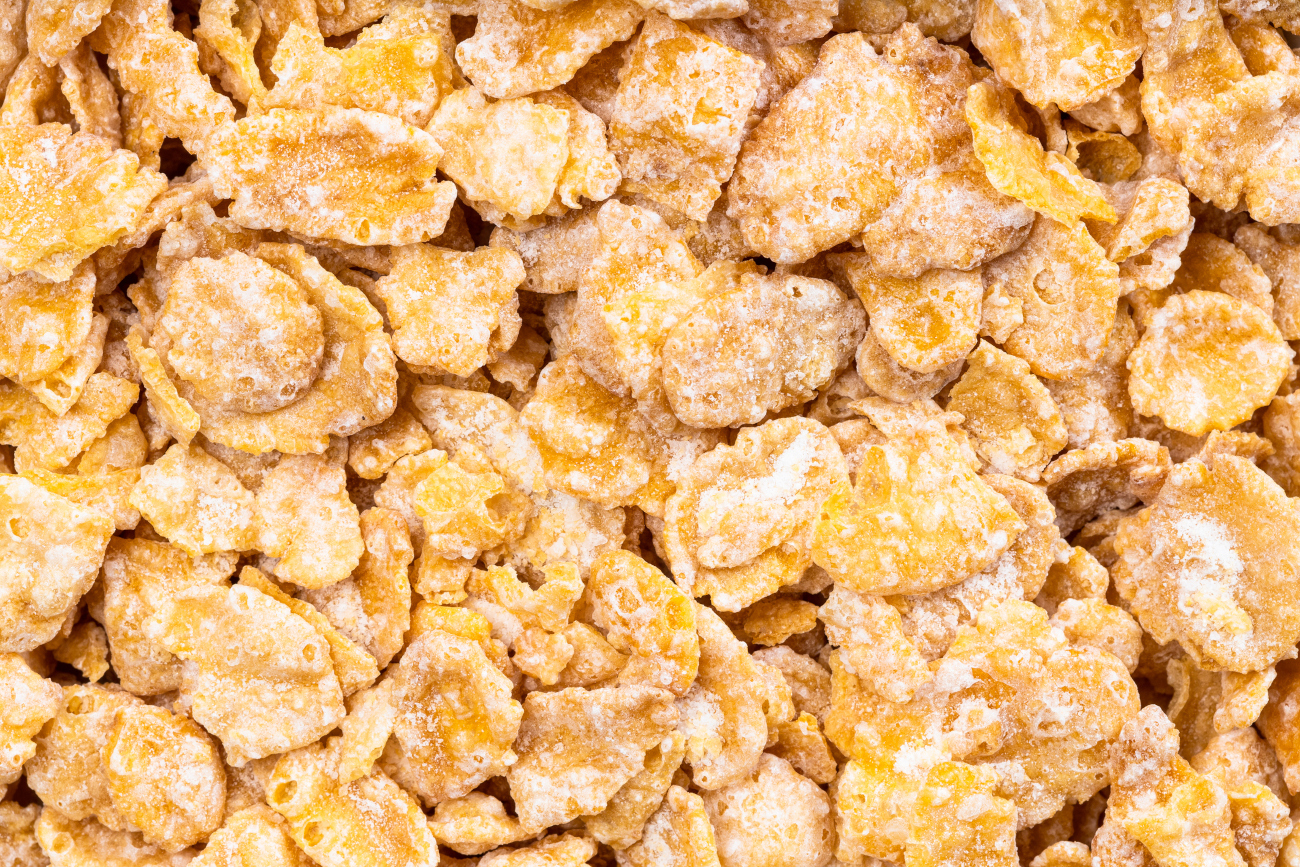
BHA and BHT are two preservatives that extend the freshness of foods and prevent food from molding. Famous breakfast cereals like Apple Jax, Frosted Flakes, Honey Bunches of Oats, and Rice Krispie Treats contain this preservative to extend the shelf life and maintain the texture of the cereal. Pillsbury’s classic premade pie dough also contains this as well as Kraft’s Stove Top stuffing contain it as well. These products are outright banned in the UK, Japan, and parts of Europe.
Food Dyes
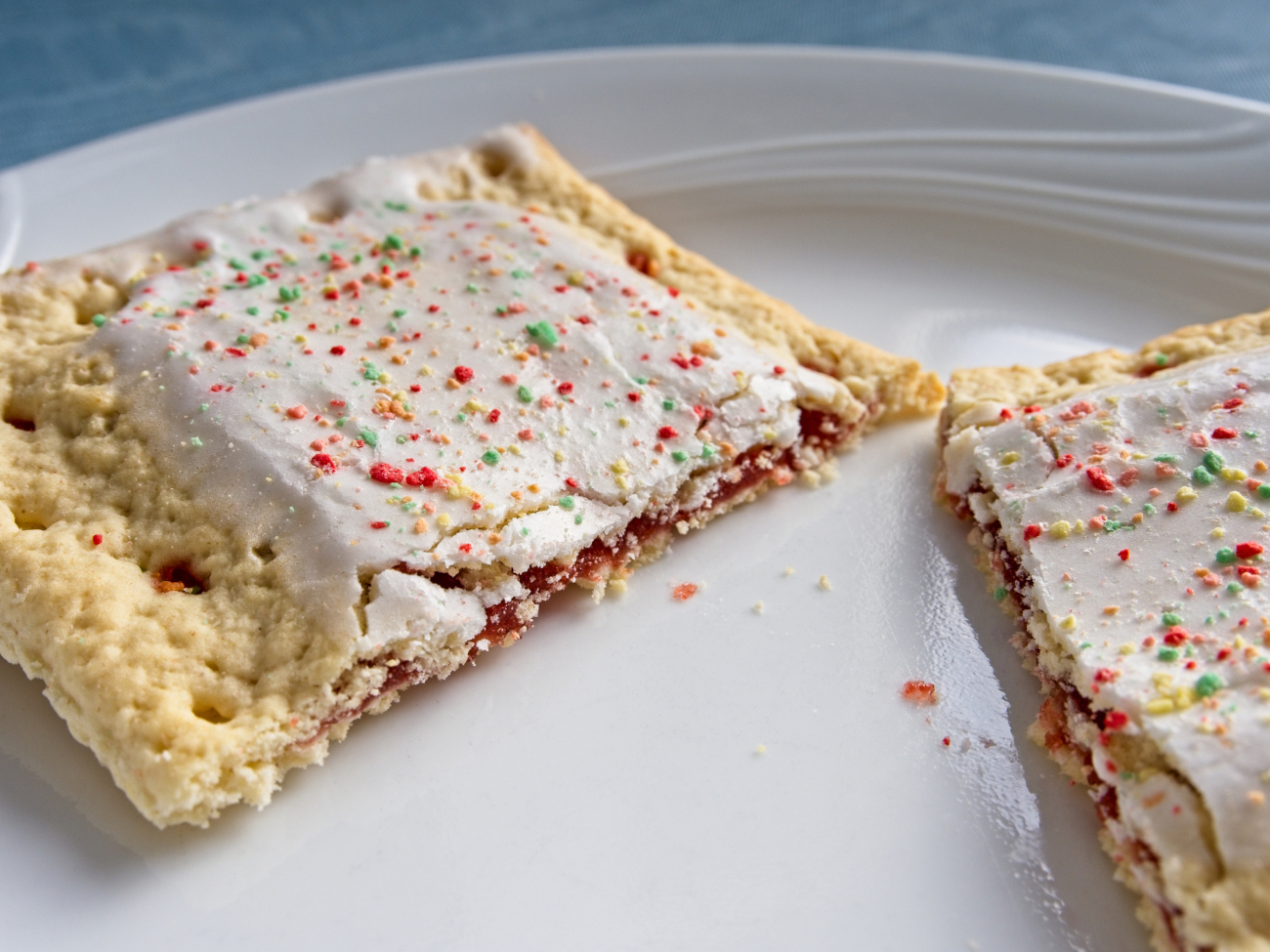
Foods like Little Debbie Cakes, Pop Tarts, and Lucky Charms are some of the stateside novelties that don’t make it abroad in places like the EU, the UK, and parts of Asia due to dyes like Yellow 5 and Red 40. Some states like California have followed international nations in restricting certain food dyes, and more seem to be looking into the matter of restrictions as well.
Trans Fats
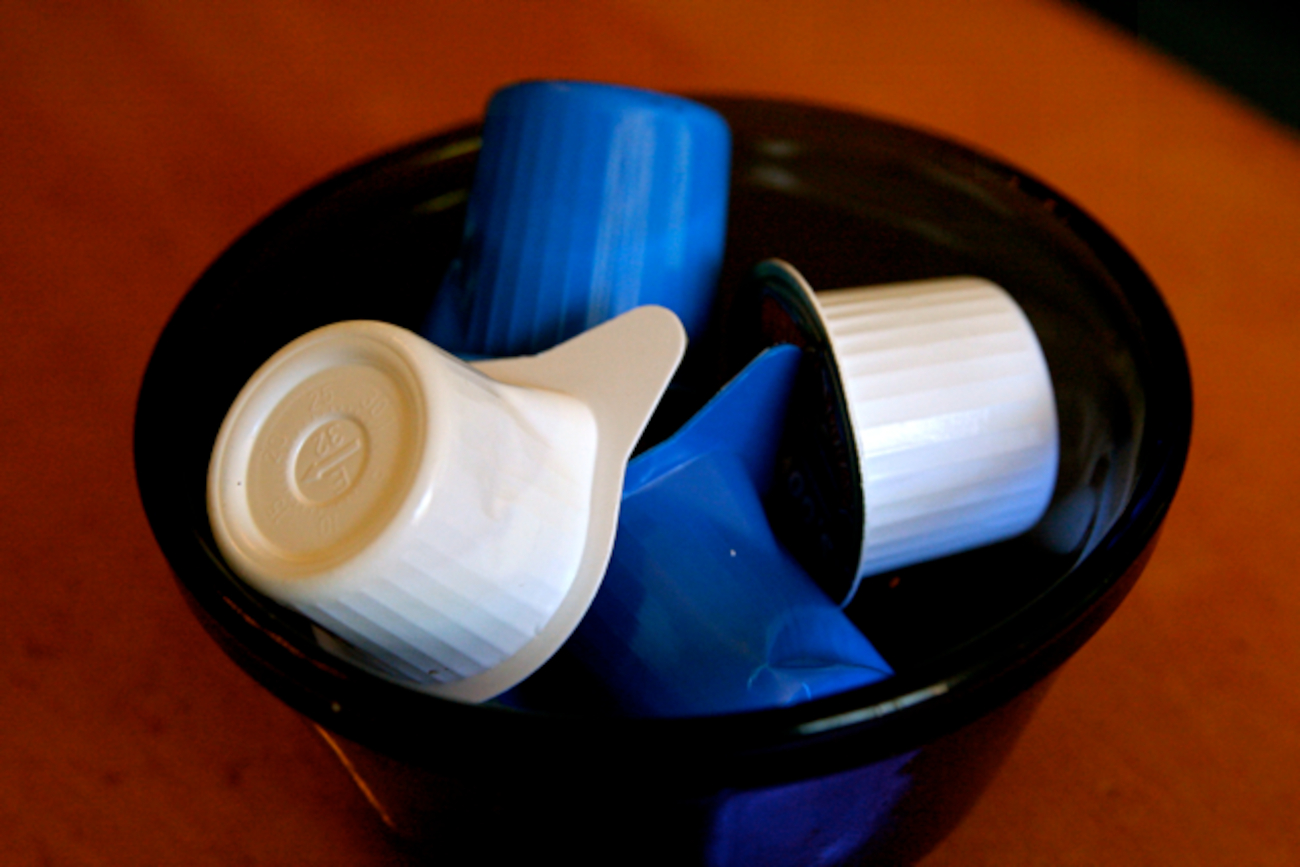
Daily classics like our standby brand names for coffee creamer, butter crackers, and premade biscuit dough won’t show up in a lot of northern European countries because of the trans fats used in the manufacturing of these products.
rBST
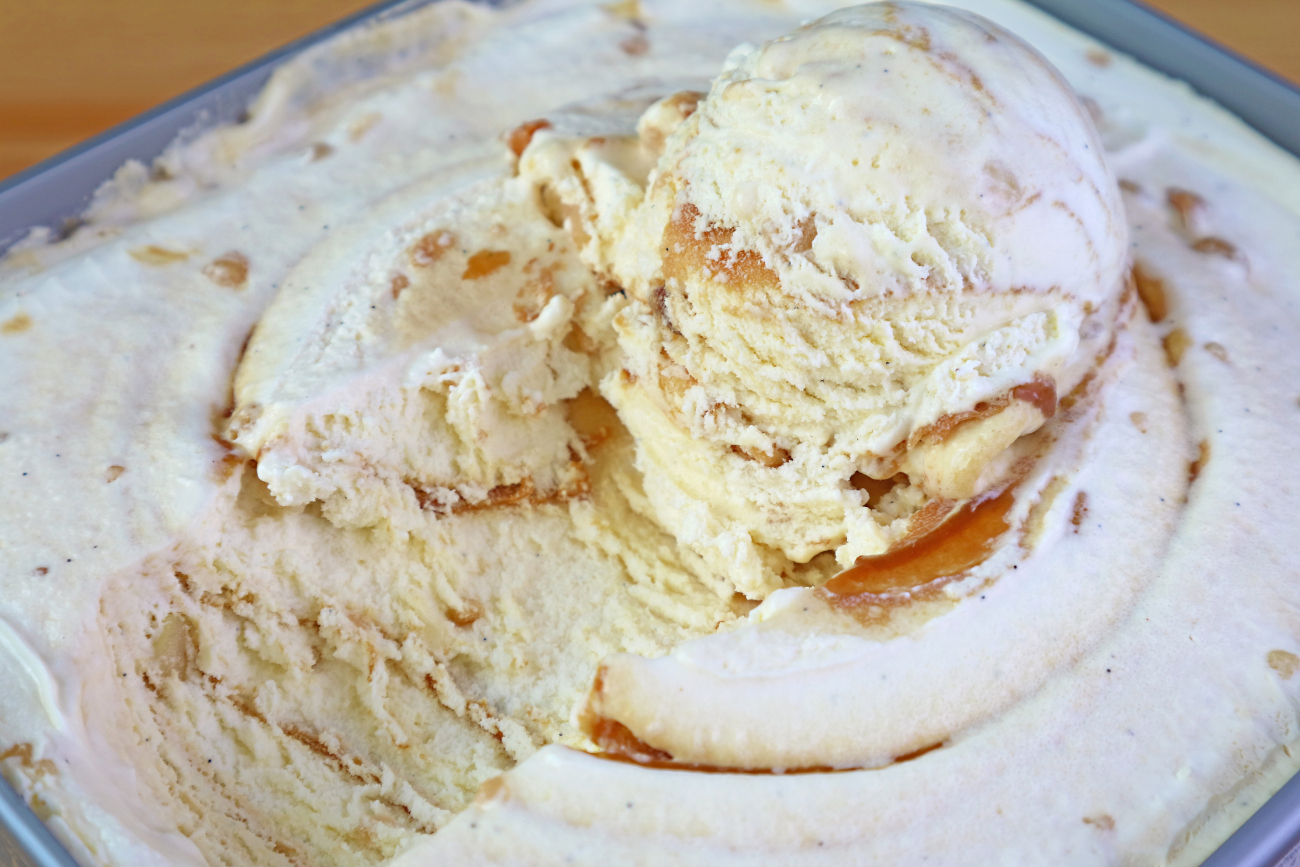
This hormone which is used to increase the production of cow’s milk is banned in Canada and Europe, but it is still used by some companies in the US. A lot of companies one of the more famous ones being Ben and Jerry’s, which uses rBST-free milk for the production of their famous ice cream.
